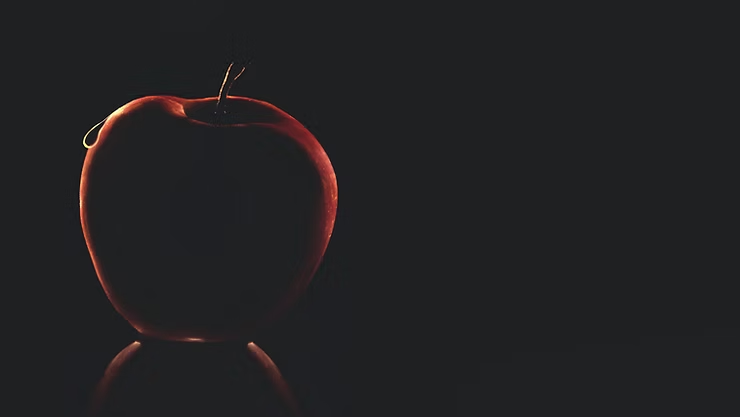Understanding Lust: The Psychology of Intense Desire
Lust is a primal human emotion characterized by overwhelming physical attraction and sexual craving. Unlike love, which fosters emotional intimacy, lust prioritizes immediate gratification and often lacks deeper connection. This article examines lust’s psychological underpinnings, its distinction from love, and strategies for healthy management.
Defining Lust vs. Love
- Lust: Driven by physical attraction, short-term, focused on pleasure.
- Love: Built on emotional bonds, long-term, prioritizes mutual growth.
Key differentiators include motivation (self-gratification vs. connection) and duration (fleeting vs. enduring).
The Science Behind Lust
Biological and psychological factors fuel lust:
- Hormones: Testosterone and estrogen amplify desire.
- Brain chemistry: Dopamine triggers pleasure/reward responses.
- Social influences: Media and cultural norms shape expression.
Effects and Challenges
Negative Impacts
- Relationships: Erodes trust if prioritized over emotional connection.
- Mental health: May cause guilt, anxiety, or obsessive thoughts.
Healthy Management
- Self-awareness: Identify triggers through reflection.
- Boundaries: Establish clear personal limits.
- Professional support: Therapy aids in addressing compulsive behaviors.
Cultural and Historical Perspectives
Views on lust vary widely:
- Religion: Often framed as sinful (e.g., Augustine’s “concupiscence”).
- Modern media: Glamorizes lust while ignoring consequences.
Transforming Lust Into Growth
By understanding its roots and practicing mindful management, lust can be channeled into self-discovery without compromising well-being or relationships.

